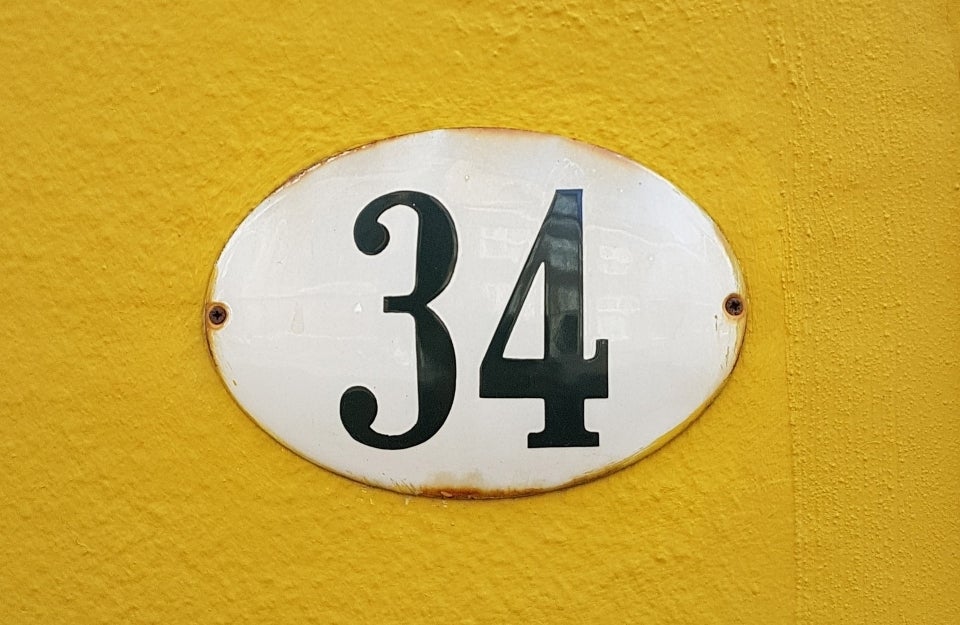P.O. Box 34: Penn Students Connect with Incarcerated Writers
Incarcerated writers who choose to participate in the program are paired up with a Penn undergraduate student who corresponds with them about their work.

Photo Credit: Marianne Bos / Unsplash
Imagine being confined to a small space with little to no social interaction and having very few, if any, outlets for creativity and expression. This is the case for most incarcerated individuals in the United States. In addition to being a site of physical violence and psychological abuse, prison is often devoid of mental exercise.
This, among other reasons, is what has motivated Professor Jessa Lingel to be involved in facilitating book clubs and creating libraries in jails and prisons since 2015. She believes in the importance of fostering intellectual stimulation for everyone, and she has sought to make opportunities to do that more available to those with the least access.
So when she met Erika Tsuchiya-Bergère — an adjunct professor in the Radio/TV/Film Department at Rowan University who also teaches arts classes in prisons — Lingel jumped at the chance to collaborate on P.O. Box 34, Tsuchiya-Bergère’s current initiative. P.O. Box 34 aims to connect incarcerated writers with Penn students, and other interested individuals, who can provide discussion around and feedback on their work.
“I’ve been teaching arts courses in prisons and working with incarcerated folks for a few years,” Tsuchiya-Bergère says, “and I’ve always been struck by how committed they are to their artistic endeavors. The P.O. Box 34 writers take their projects very seriously and are extremely eager for feedback, and I’m glad we’re able to facilitate a way for them to communicate about their writing with the outside world.”
The incarcerated writers who choose to participate in P.O. Box 34 are paired up with a Penn undergraduate student who corresponds with them about their work. During the Spring 2021 semester, Gabriella Alvarado C’23 and Isabel Casaresare C’22 worked with 12 incarcerated writers. Their projects cover a wide array of subjects, including their experiences weathering the COVID-19 pandemic while incarcerated, and range from fiction to nonfiction, screenplays to novels, and poetry to prose.
“This is my first time working with incarcerated folks, and it’s been a truly transformational experience,” says Annenberg School doctoral student Kinjal Dave, who provides administrative support for the project and works with people writing commutation letters. “This project is an archive-in-the-making of experiences that are usually left out of the media, and for some of our collaborators, working on their writing can also be their pathway to being released from prison.”
Tsuchiya-Bergére collaborated with web developer Tasha Hutnick C’20 to create a website that will allow the incarcerated writers’ work to reach a larger audience, enabling them to receive feedback from and engage with additional artists and other interested readers/collaborators. One of the key aspects of the website is that it is low-tech and able to be accessed inside prisons, even without a reliable internet connection.
“It’s important to underscore just how committed the incarcerated writers are to participating in P.O. Box 34,” says Lingel. “The rules governing basic forms of communication in prison — like sending and receiving letters — are unnecessarily complicated and convoluted, incredibly expensive, and constantly changing. And in spite of it all, these writers are continuing to make every effort to get their work out into the world, and that is very powerful.”
P.O. Box 34 has received funding from the Wolf Humanities Center’s Hershey Humanities Against Racism Fund, a Campaign for Community Grant, and the Price Lab for Digital Humanities, as well as support from collaborators across Penn’s campus, including Whitney Trettien, Assistant Professor of English, and Stewart Varner, Managing Director of the Price Lab.
Calls for participation are ongoing throughout summer and fall of this year. Individuals or organizations interested in being part of P.O. Box 34 should contact pobox34@protonmail.com.
Educational Opportunities
For those interested in learning more about incarcerated individuals and the prison industrial complex, Lingel and Tsuchiya-Bergére recommend the following people, courses, and initiatives at Penn and in the local community.
Penn People
Penn Courses
- AFRC 437: Race & Criminal Justice
- EDUC 646: Examining the School to Prison Pipeline: Implications of History, Policy, and Race
- FNAR 316: Art and Social Work: Art and the Ecology of Justice
- GSWS 555: Health Education for Incarcerated Women
- NURS 556: Men and Incarceration
- PUBH 547: Public Health & the Criminal Justice System
- URBS 281: The US Criminal Justice System in Urban Context
Initiatives in Philadelphia and Beyond
- Amistad Law Project
- BARS student group
- Books Through Bars
- Decarcerate PA
- Goldenrod Community
- Goldring Reentry Initiative
- Hidden Lives film project
- The Liberation Foundation
- MING Media’s Shooters program
- Philadelphia Bail Fund
- Philadelphia Community Bail Fund
- Scribe Video Center’s States of Violence films



